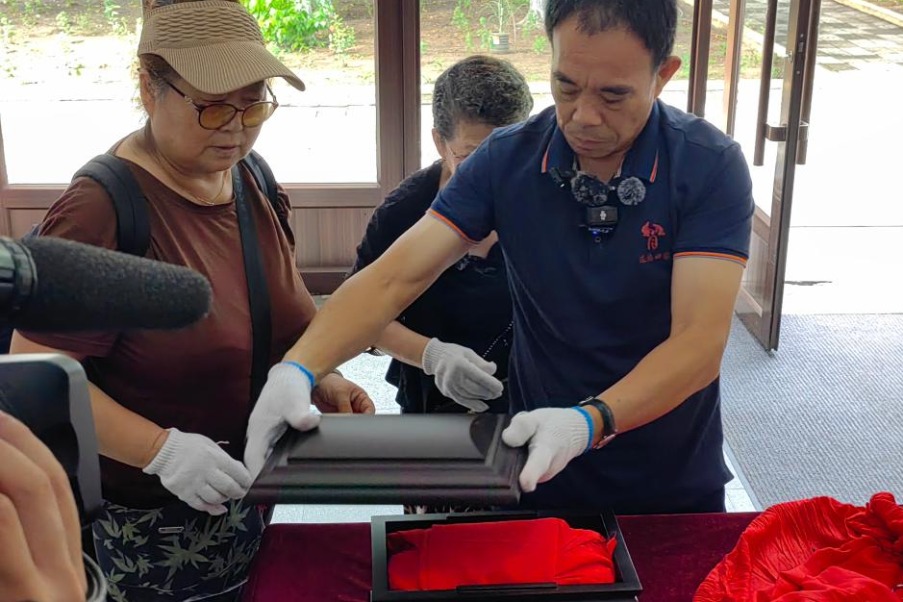Chinese researchers find disease-resistant gene for wheat


JINAN - Chinese researchers have cloned a resistance gene targeting Fusarium head blight (FHB), a major fungal disease in wheat, from a relative of wheat, according to a study published in the journal Science.
Caused by Fusarium, a plant pathogenic fungus, FHB in wheat is a typical major epidemic in warm and humid regions, which can lead to low or even no yields.
Once infected with Fusarium, a plant's nutritional properties will drop sharply due to a lower amylum and protein content. People who eat the infected crop may develop symptoms such as fever, nausea and diarrhea.
Researchers from Shandong Agricultural University identified an anti-Fusarium gene called Fhb7 in Thinopyrum elongatum, a relative of wheat. After cloning Fhb7 in wheat, they found its resistance is stable.
They said some of the research results have been applied in wheat variety development.
- Shanghai Jiao Tong Uni fosters collaborative research through China-Oceania forum
- Global scientists gather at 2025 Pujiang Innovation Forum in Shanghai
- UNESCO inaugurates STEM education institute in Shanghai
- China, US should avoid conflict, defense chief says
- China's 'Dual Carbon' Entrepreneur Stories
- Fujian activates emergency response for Super Typhoon Ragasa





































